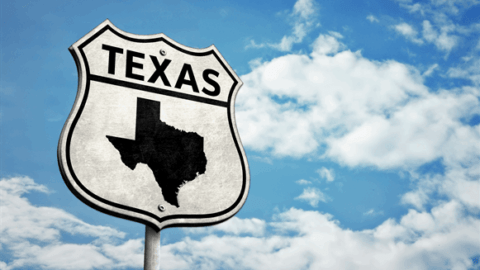(Bloomberg) — BHP Group is considering getting out of oil and gas in a multibillion-dollar exit that would accelerate its retreat from fossil fuels, according to people familiar with the matter.
The world’s biggest miner is reviewing its petroleum business and considering options including a trade sale, said the people, who asked not to be identified as the talks are private. The business, which is forecast to earn more than $2 billion this year, could be worth an estimated $15 billion or more, one of the people said.
BHP’s energy assets make it an outlier among the world’s biggest miners — rival Anglo American Plc has already exited thermal coal under investor pressure and BHP is trying to follow suit. The company has long said the oil business was one of its strategic pillars and argued that it will make money for at least another decade. But as the world tries to shift away from fossil fuels, BHP wants to avoid getting stuck with assets that more become more difficult to sell, the people said.
The deliberations are still at an early stage and no final decision has been made, the people said. A spokesman for BHP declined to comment.
The move comes as oil supermajors grapple with how to respond to investor pressure over climate, in some cases by shrinking their core production and adding renewable energy assets.
BHP wants to exit while it can still get a good price for the assets, aiming to repeat a 2018 sale of its shale business to BP Plc for $10.4 billion, the people said. And unlike big-oil rivals, BHP doesn’t depend on profits from the energy business, which are dwarfed by the company’s giant iron ore and copper units.
The timing could be good for an oil exit. The economic recovery from Covid-19 has transformed the fortunes of oil producers, with Brent oil futures having rallied about 60% in the past year.
By contrast, the company’s efforts to get out of thermal coal so far have been disappointing, after early bids for mines in Australia came in lower than the company’s own valuations last year.
Getting out of both thermal coal and petroleum would help BHP make its case to investors as a company geared toward commodities of the future. The miner is also expected to sanction a giant potash mine in Canada next month, which could make it a key supplier of the crop nutrient once production begins. BHP is scheduled to report annual results on Aug. 17.
BHP has been in oil and gas since the 1960s, and has assets in the Gulf of Mexico and off the coast of Australia. It produced 102.8 million barrels of oil equivalent in the year ending June 30.
“BHP is an outlier in the mining sector for its petroleum business and this is often cited in our investors discussions as a point of detraction,” said RBC Capital Markets analyst Tyler Broda. “With rising ESG pressures facing the industry, but also as this business potentially enters into a re-investment phase, we can see why management might be contemplating an exit.”
Broda estimates the business is worth about $14.3 billion.
–With assistance from Simon Casey.
© 2021 Bloomberg L.P.
#Gulf #Mexico #Player #Exit #Oil #Gas #Industry
Tags: Coastal Flow Coastal Flow Measurements Coastalflow Exit Gas Gulf Industry Mexico Oil oil and gas petroleum news events stories articles analysis commentary headlines stocks finance commodities maps pictures Player








